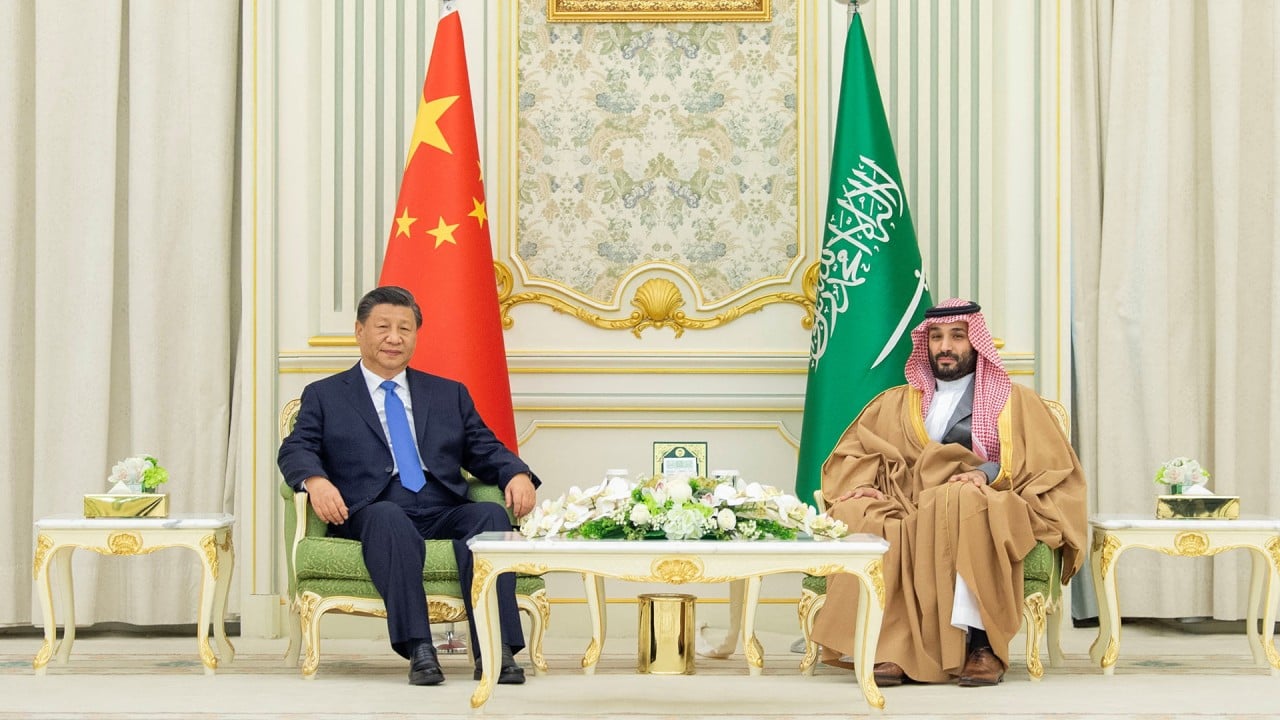
Huawei seeks to generate revenues from patents as it signs dozens of licensing deals with companies like Nokia, BMW and Audi
- The Shenzhen-based telecoms giant has signed more than 20 patent-licensing deals or extended such agreements this year
- The company generated US$1.3 billion in revenue from licensing its patents between 2019 and 2021
Huawei Technologies Co is doubling down on monetising its patents through licensing deals with overseas companies, as the Chinese tech giant scrambles to seek new sources of revenue after US sanctions crippled its once-lucrative smartphone business.
Huawei said this year it had signed more than 20 new patent licensing deals or extended agreements with companies in industries including smartphones, automobiles and telecommunications.
“We are delighted to see our technologies are helping the automotive and other vertical industries in their digitalisation,” said Alan Fan, head of Huawei’s intellectual property department. The royalties Huawei receives will in turn fund Huawei’s R&D efforts, he added.
In automobiles, the Shenzhen-based company has reached royalty agreements with 15 carmakers globally, including Audi, Mercedes-Benz and BMW. Some 15 million connected cars worldwide will benefit from its patents this year, up from 8 million units in 2021, according to Huawei’s estimates.
The patents that Huawei has licensed to the carmakers mainly involve communications technologies such as 4G, but the terms of the deals vary, according to Fan.

Total revenue generated from patent-licensing reached about US$1.3 billion between 2019 and 2021, and last year the company’s royalty income exceeded the expenses it paid for licensing technologies from other companies for the first time, according to Huawei.
However, Fan said the company is not treating IP licensing as a business or relying on it as a major revenue stream.
Huawei last year filed a record 6,952 patent applications, up 27 per cent from the previous year, through the Patent Cooperation Treaty (PCT) – an international patent law pact that provides a unified procedure for submissions. That made Huawei the world’s biggest PCT filer for five consecutive years.
The firm ranked first in terms of patents granted to private companies in China in 2021, followed by Chinese internet giant Tencent Holdings and Oppo, according to a report by the China National Intellectual Property Administration earlier this month.


